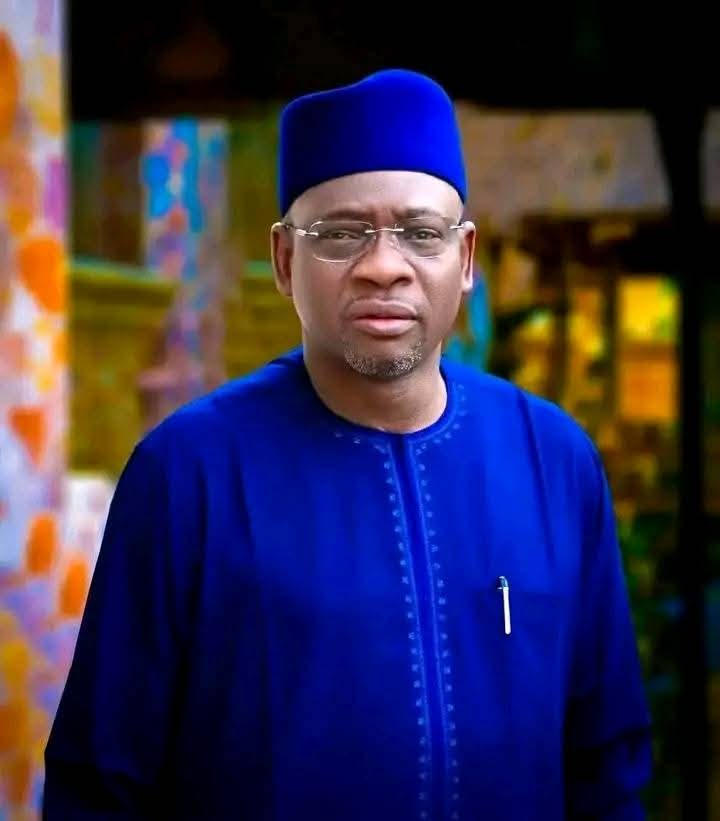By Sani Danaudi Mohammed
The resignation of Dr. Abdullahi Umar Ganduje as National Chairman of the All Progressives Congress (APC) has triggered a fierce internal contest, exposing deep-seated zoning tensions and competing regional interests within Nigeria’s ruling party.
The APC’s National Executive Committee (NEC) has appointed Ali Bukar Dalori, the party’s Deputy National Chairman (North), as Acting Chairman, a move that has reignited the North Central zone’s long-standing demand to reclaim the party’s top seat.
Dalori’s emergence coming from Borno State in the North-East like Vice President Kashim Shettima raises questions about regional balance within the APC’s leadership structure. Critics argue that having both the Vice President and Party Chairman from the same zone may skew the party’s internal power dynamics.
Alhaji Saleh Zazzaga, who leads the North Central APC Forum, has been vocal about the zone’s exclusion, insisting that the chairmanship should rotate back to their region. “It is our turn,” he said, reflecting the growing agitation within the zone.
Though Dalori’s appointment brings continuity and experience having deep familiarity with APC structures analysts warn that ignoring the North Central’s claims could fuel internal dissent. Some within the party question whether the APC is still driven by ideology or by shifting personal allegiances and political convenience.
Dalori’s leadership, if confirmed, will face the dual task of restoring internal cohesion and preparing the party for the 2027 general elections. His ability to balance factional interests, manage the party’s zoning principle, and uphold party unity will be closely scrutinised.
Political analysts suggest that APC’s handling of this transition could determine its future electoral viability. “This is a critical test of the party’s resilience and ability to adapt,” said a senior party strategist.
As APC navigates this turbulent phase, what remains clear is that its leadership choices and how they reflect its commitment to regional equity will have lasting implications for party stability and national politics.
